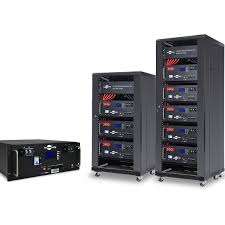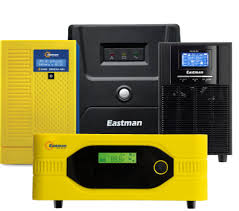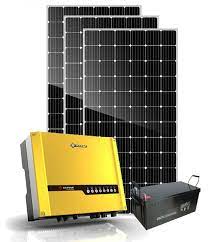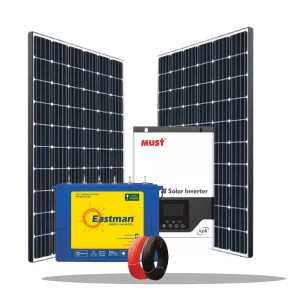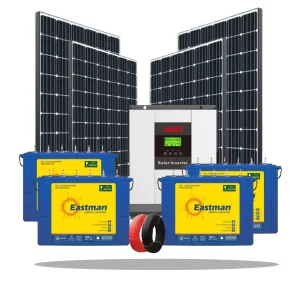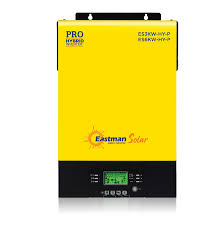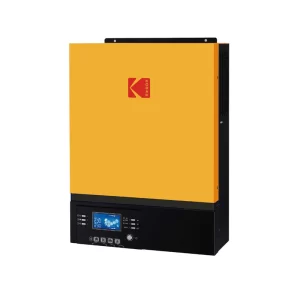Rack-Mounted Energy Storage refers to a modular and scalable energy storage solution designed to be housed within standard 19-inch server racks. These systems are typically used to store electrical energy for backup, load leveling, or off-grid applications, and are commonly found in data centers, commercial facilities, and renewable energy installations. By leveraging a rack-mounted design, these energy storage units are both space-efficient and easily deployable in environments where maximizing floor space and maintaining organization is critical.
A rack-mounted energy storage system typically consists of a series of energy storage modules (often lithium-ion or other advanced battery chemistries) that can be easily added or removed from a rack as required. The modular design allows for scalability—facilities can start with a smaller setup and gradually increase storage capacity as their needs grow, without significant disruption to existing infrastructure.
These systems are integrated with power conversion systems (PCS), inverters, and management software to efficiently store, distribute, and monitor energy. The batteries are charged during periods of low demand or from renewable sources (like solar panels) and discharged when energy demand exceeds supply or when grid power is unavailable. Additionally, these systems often feature advanced Battery Management Systems (BMS) to monitor battery health, manage charge/discharge cycles, and optimize the overall performance of the storage unit.
Rack-mounted energy storage systems offer several key benefits:
- Space Efficiency: The rack-mounted design allows for high-density energy storage in relatively small footprints, making them ideal for environments where space is at a premium.
- Scalability: As energy requirements grow, additional storage modules can be integrated into the same rack system without the need for significant redesigns or additional infrastructure.
- Modular Flexibility: Users can add or remove storage units based on operational demands, providing a high degree of flexibility in energy management.
- Ease of Integration: These systems are designed to easily interface with other energy management and monitoring systems, facilitating seamless integration into existing energy grids, microgrids, or backup power systems.
- Reduced Operational Costs: By utilizing renewable energy sources or reducing peak grid consumption, businesses can lower energy costs and reduce dependence on external power sources.
Rack-mounted energy storage solutions are also increasingly being used in conjunction with renewable energy systems, providing a cost-effective and reliable means of storing excess power generated by solar panels or wind turbines, which can then be used during periods of low generation or high demand.
In summary, rack-mounted energy storage provides a flexible, scalable, and efficient solution for energy management needs in diverse applications, from backup power and grid support to renewable energy storage and load leveling.

